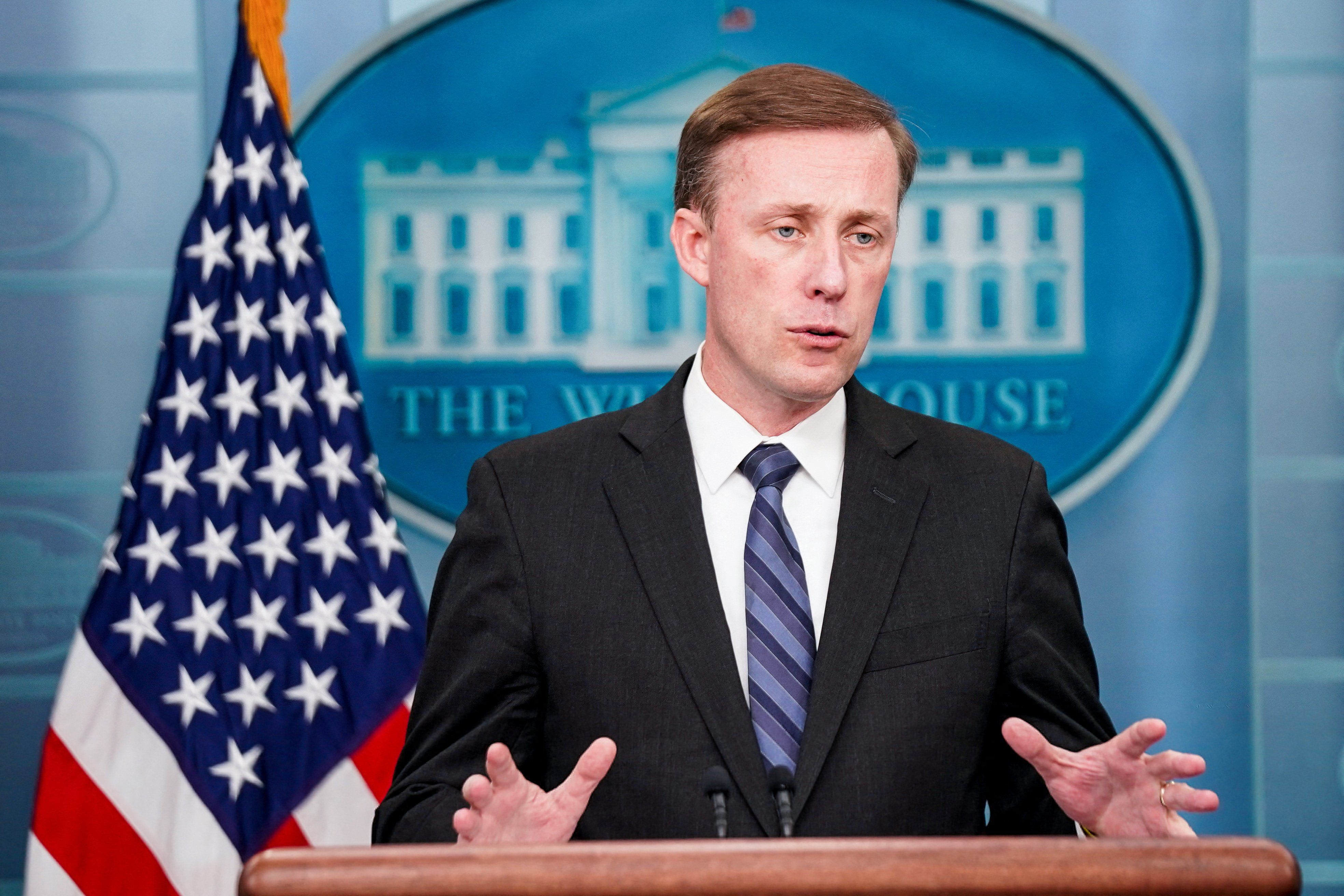US National Security Adviser Jake Sullivan held “candid, substantive, and constructive” talks with Chinese Foreign Minister Wang Yi in Malta over the weekend, in an important step toward stabilizing frayed relations.
The two diplomats agreed to hold more meetings on “political and security developments in the Asia Pacific” and to resume military-to-military contacts.
That’s good news in this environment. Sullivan is just the latest in a train of high-ranking Biden officials to meet with their Chinese counterparts over the last few months. After relations hit a nadir with then House Speaker Nancy Pelosi’s visit to Taiwan in August 2022, President Joe Biden and Chinese President Xi Jinping announced they would work to patch things up.
But it hasn’t been easy going. There was the spy balloon incident in February, the U.S. export controls on semiconductors, that time when Biden called Xi a dictator, the Shangri-la Dialogue meeting that was canceled – the list goes on. (And don’t forget the magic mushrooms story).
The upshot is that a much anticipated Xi-Biden summit is still in the cards. Still, China’s Ministry of State Security said the prospective meeting — likely at the Asia-Pacific Economic Cooperation conference in San Francisco in November — depends on US “sincerity.” It points to a fundamental problem: For all this year’s trust building work, Beijing has limited confidence in Washington's candor on crucial issues like Taiwan, trade, and technology.